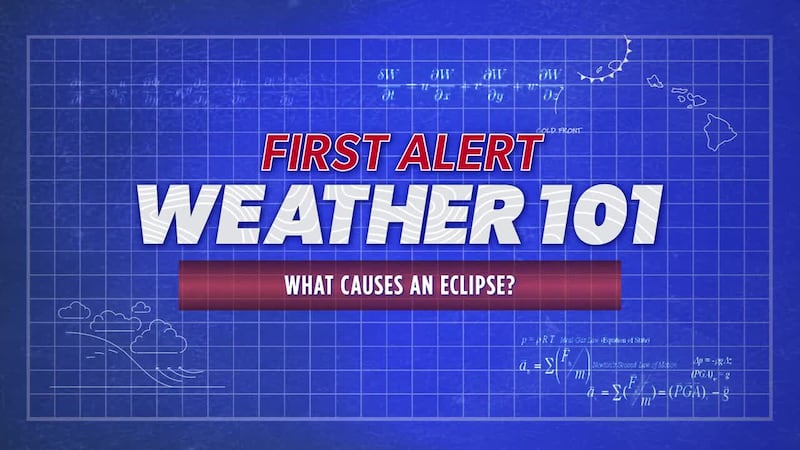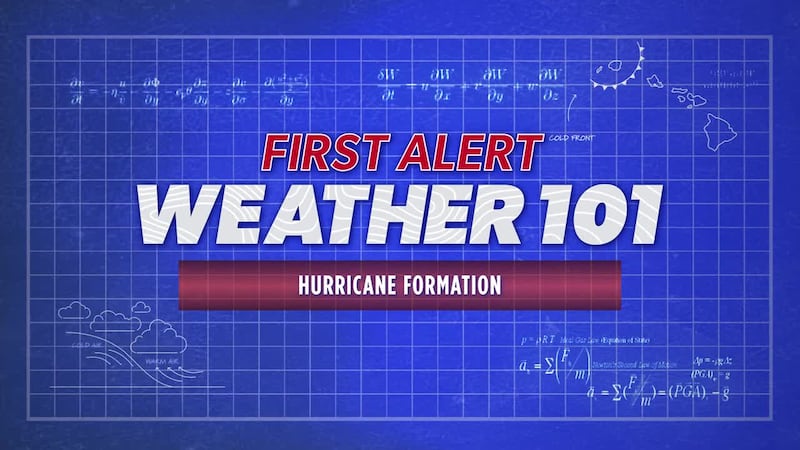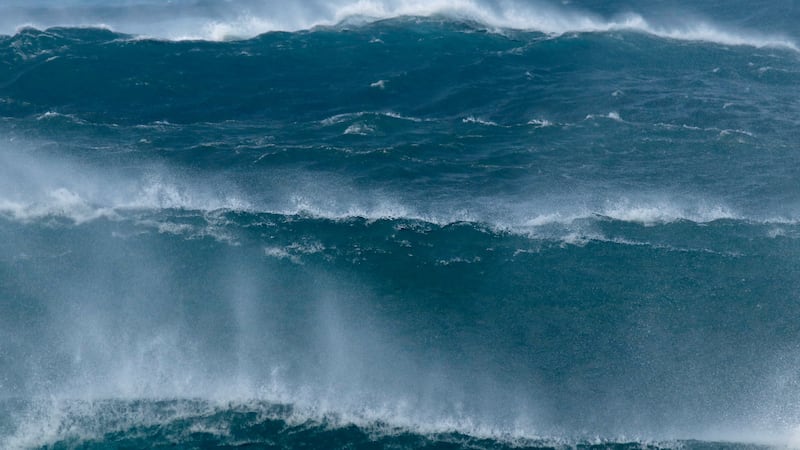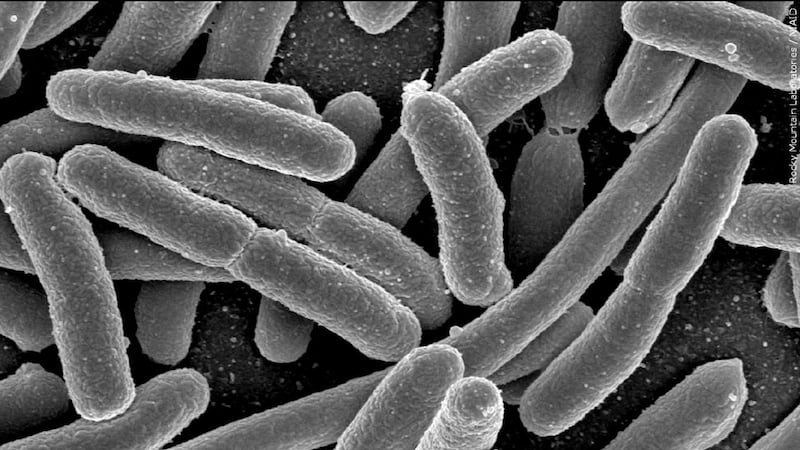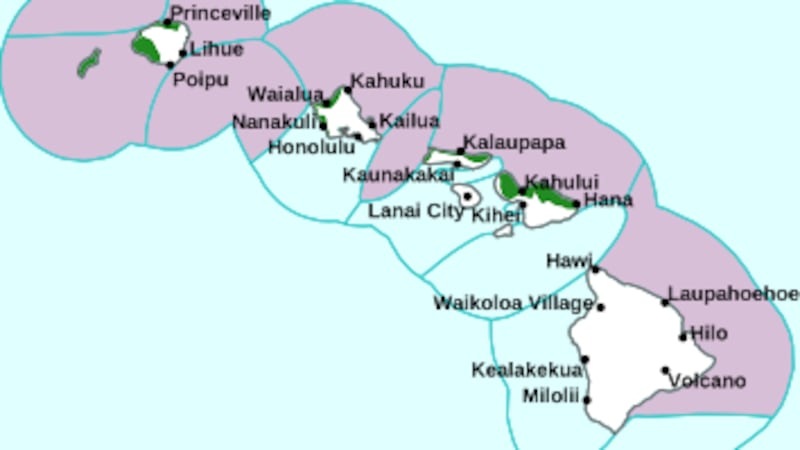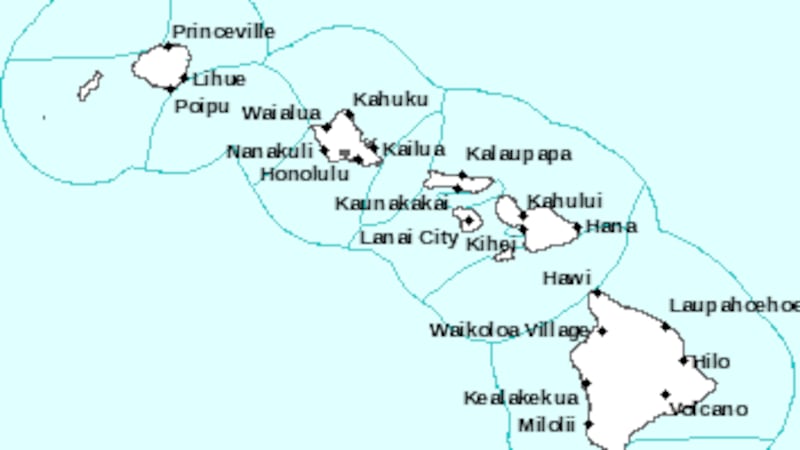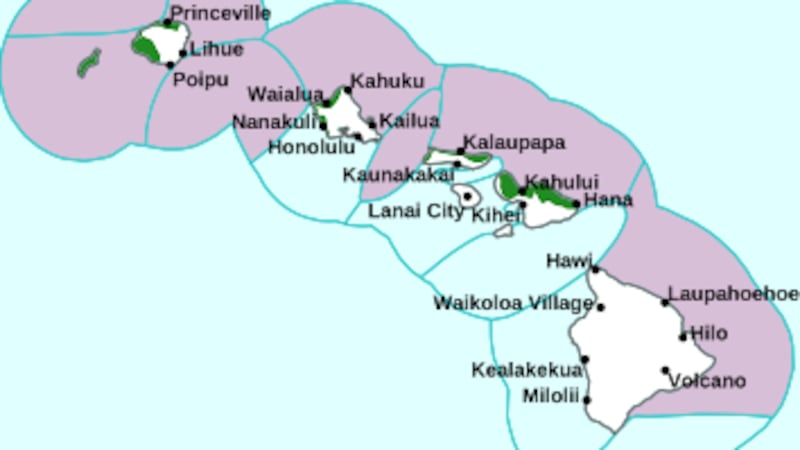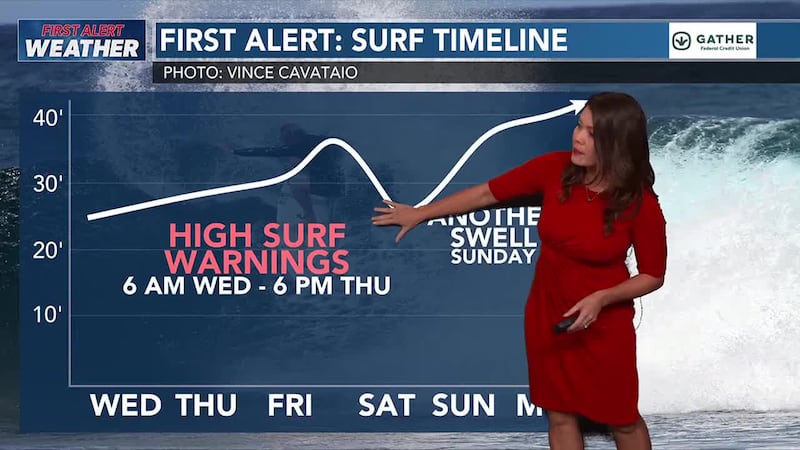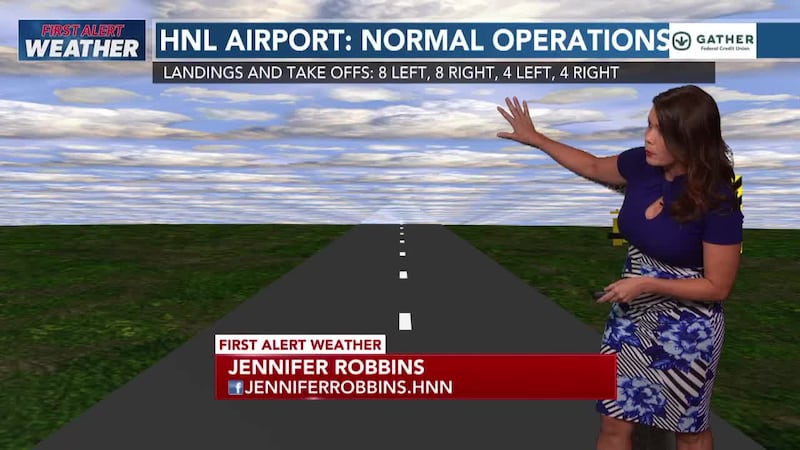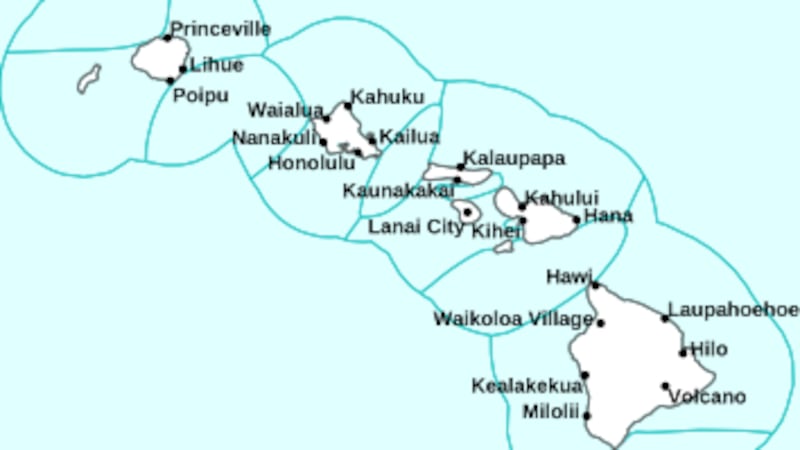First Alert Weather 101: What is wind?
HONOLULU (HawaiiNewsNow) - Wind is an ever-present part of life. Air is constantly moving around us, leading to a gentle breeze or potentially even a devastating and life-altering cyclone.

It is also an essential part of life, and a major element of our weather conditions here in Hawaii.
Wind is the movement of air from high pressure to low pressure. This pressure difference drives the movement of air molecules.

Visualize this:
- High pressure is a big pile of air that is always ready to get rid of extra air particles.
- Low pressure, on the other hand, is a void of air, ready to be filled with more air particles.

Air always wants to move from the big pile of high pressure to the void of lower pressure. That movement is what we experience as wind.
This happens on large scales stretching thousands of miles. For instance, high pressure is typically north of our islands while low pressure is located to our south.
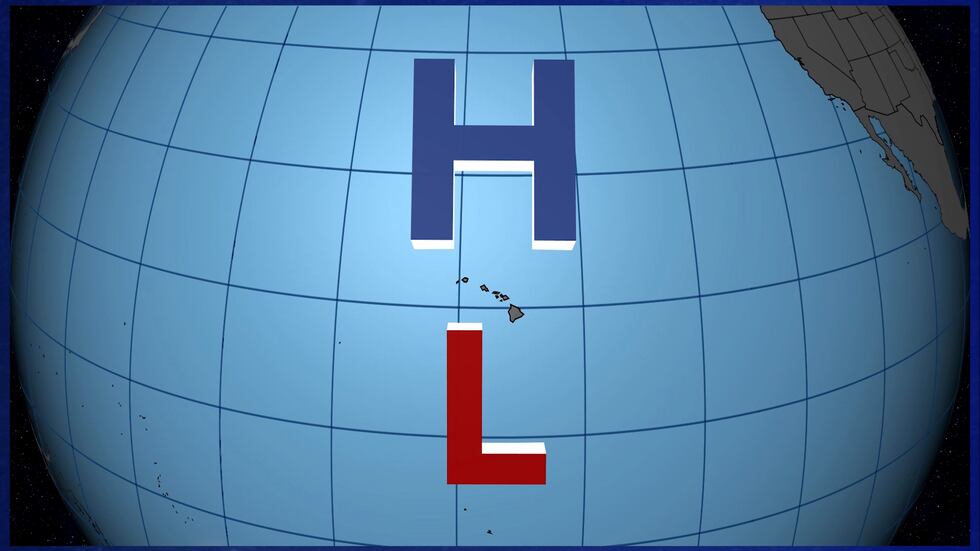
This pressure pattern is flipped on the mainland. Higher pressure is located to the south and lower pressure is in the north.
This pressure difference also happens on smaller scales, even in your own home. If there is a pressure difference between rooms, air will rush to equalize the space. You can sometimes feel this when opening doors between rooms that have different temperatures.
Temperature also plays a role in creating these pressure differences. The sun heats an area and causes warm air to rise higher in the atmosphere.
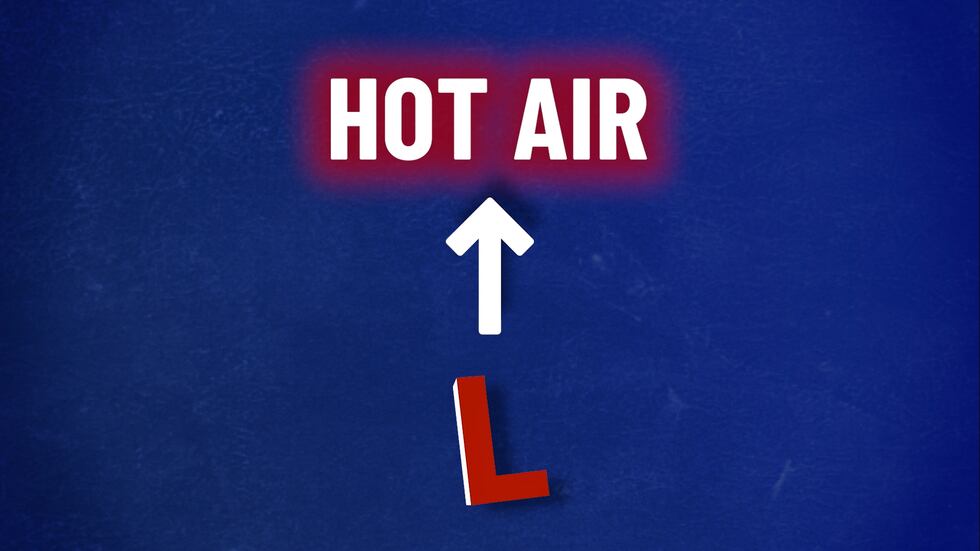
Lower pressure is then left in the wake of the rising air.
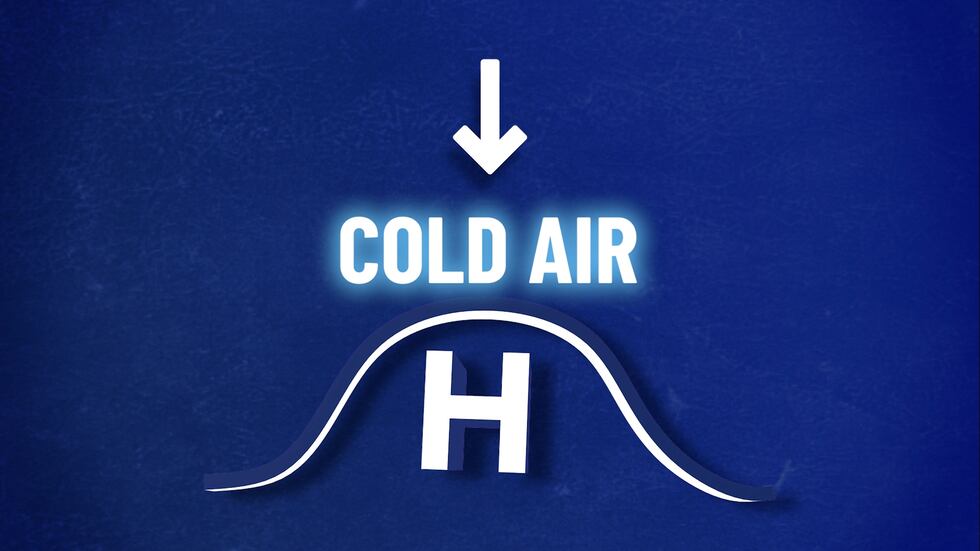
By contrast, cold air sinks. It builds at the surface and creating an area of high pressure that rushes to fill the void left by the rising warm air.
This movement is also the phenomenon we know as wind.
In reality, there is more to wind than just the difference between high and low pressure. Other forces impact the air molecules that move around us daily.
However, this basic meteorological concept is a good starter for understanding why the atmosphere around us moves and shifts constantly.
Copyright 2024 Hawaii News Now. All rights reserved.
